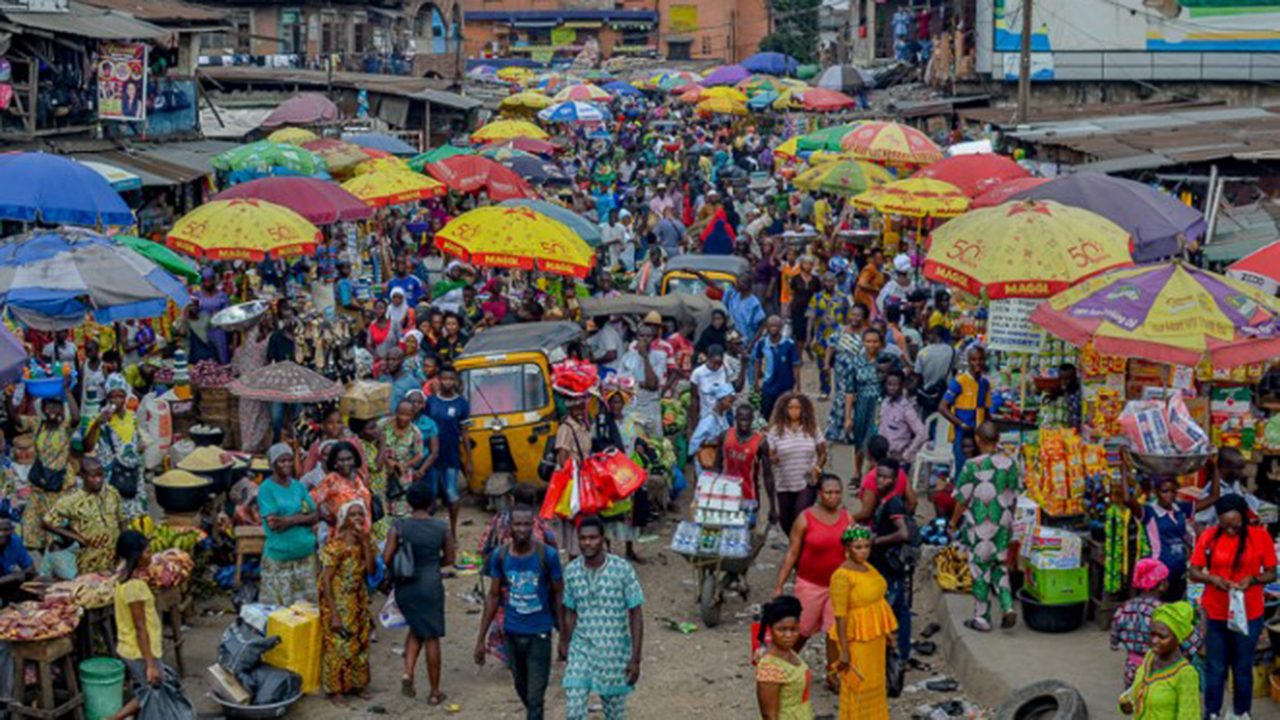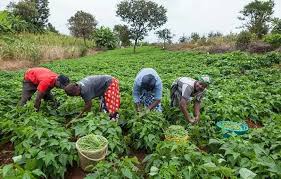Food prices drop slightly in Q3 2025, but Nigerians still struggle — Report

SB Morgen (SBM) Intelligence, a geopolitical research firm, says food prices in Nigeria fell slightly in the third quarter (Q3) of 2025.
However, the firm noted that the marginal decline has done little to ease the financial pressure on households, as insecurity and poor logistics continue to fuel the country’s food inflation.
In its latest report titled “Jollof Index Q3 2025: A Tale of Two Economics,” SBM said the national average Jollof Index dropped by 3.17 percent — from ₦27,528 in June to ₦26,656 in September.
According to the firm, the moderation was “non-linear and fragile,” driven largely by seasonal harvests rather than structural improvements.
“Nigeria’s food affordability crisis remains acute. The easing of inflation is largely statistical, not practical,” the report said.
SBM partially attributed the slight relief to government interventions such as import waivers for key food items, which improved market supply, and a more stable naira that helped curb the cost of imported inputs.
“However, the temporal pattern of price relief indicates a deep structural challenge. The non-linear decline, with meaningful relief materialising only in September, suggests that the price moderation is overwhelmingly tied to the timing of seasonal supply arrival and early harvest yields, rather than systematic improvements in logistics or security.”
The report also highlighted how persistent insecurity and logistics bottlenecks have entrenched food inflation, with transporters often paying between ₦5,000 and ₦50,000 in informal fees or for armed escorts.
SBM said these hidden costs increase the final prices of goods by as much as 20 to 30 percent, effectively serving as an “unofficial tax on commerce.”
The firm warned that unless these embedded costs are addressed, Nigeria’s food inflation will remain resistant to conventional policy measures.
To mitigate the crisis, SBM urged the government to prioritise restoring security in agricultural zones, describing it as “foundational economic infrastructure.”
“Declare a state of emergency on key federal roads to reduce logistics costs and dismantle the architecture of extortion (the unofficial checkpoints and illegal escort systems),” the report recommended.
Regional Trends
The report showed varying impacts of food inflation across states. In Kano, a key northern trade hub, prices rose by 6.83 percent due to insecurity and the diversion of local produce.
“Port Harcourt recorded a 1.84 percent increase, driven by poor roads and high internal distribution costs. Bauchi, on the other hand, witnessed a sharp 15 percent decline due to local harvests,” the report said.
Once an inflation hotspot in Q2, Bauchi saw a massive correction in Q3, with its Index dropping by over 15 percent — from ₦41,050 to ₦34,750. SBM said this suggests a localised influx of early harvest yields following a period of hyper-inflated prices or a demand collapse after previously unsustainable costs.
In Calabar, scarcity and policy changes worsened the situation. A government ban on the importation of frozen carton meat, including turkey and beef, created shortages and forced consumers to rely on locally butchered alternatives.
SBM said this shift has “likely increased the baseline cost of essential protein inputs for Jollof preparation.”
The firm added that cross-border trade has helped fill some supply gaps, with rice and other items “still coming in from that axis… from Cameroon,” though only in small quantities due to customs restrictions.










